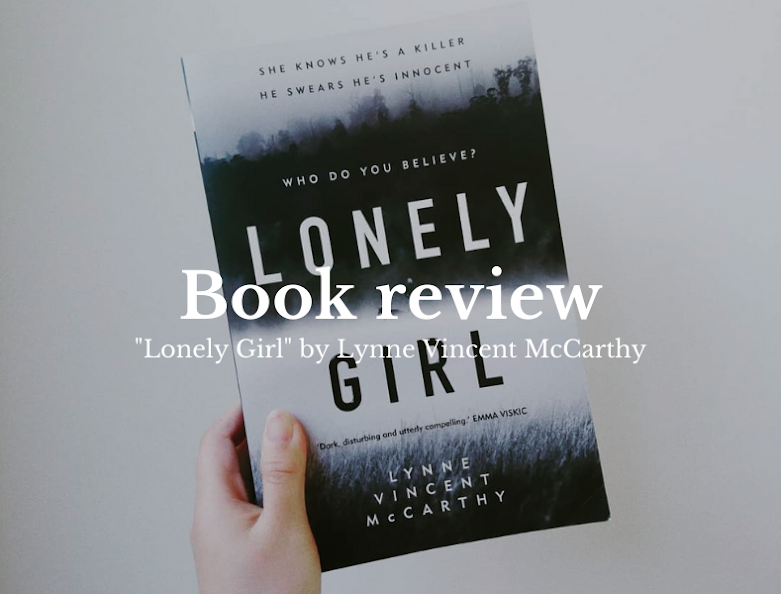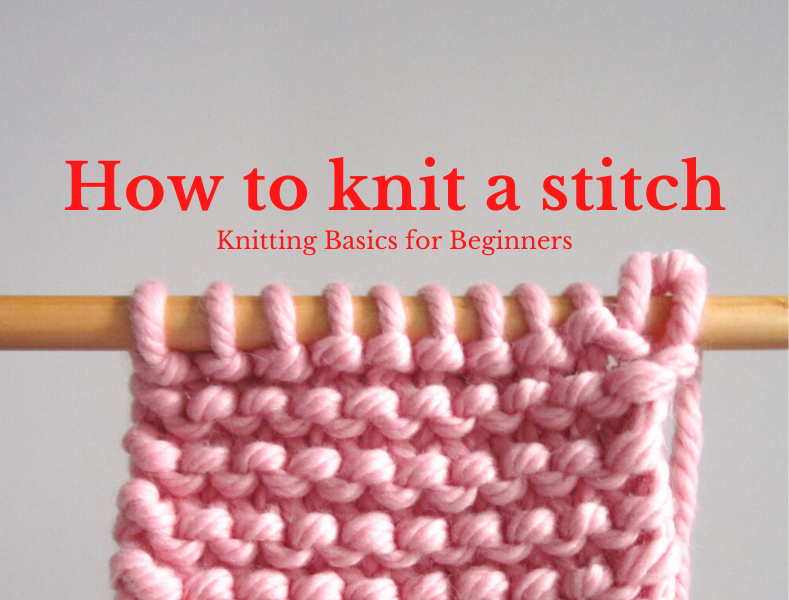Book review | Lonely Girl by Lynne Vincent McCarthy
In my quest to expand my reading and to read more contemporary Australian voices, I discovered Lynne Vincent McCarthy’s debut book by chance one day. Plus, there was an edge of contemporary gothic Australian in there that I wanted to read more of and was happy to dive into for the summer. I’m going to add a trigger warning for this review as there are mentions of suicide, emotional and mental abuse, and half-consensual (?) sex in the book.
“He
knows he's innocent. She knows he's a killer. Who do you believe?
In the shadow of a mountain in small-town Tasmania, a woman named Ana is
watching the clock, marking the days until she ends her life.
The strange, reclusive daughter of the local pariah, that's how people will
remember her, when they remember her at all. No one will mourn her, she
reasons, not really. Not even her faithful dog River. The only thing she's
waiting for is the opportunity.
But then, on the very day she planned to end it all, the police find the body
of local woman Rebecca Marsden. And for Ana, that changes everything. Because
Ana was the last person to see Rebecca alive. Because Ana thinks she knows who
killed her. And because Ana has decided to keep him for herself...”
-
Blurb
except from Goodreads.
“Lonely Girl” is a dark and unconventional psychological story of loneliness and grief set in the Tasmanian landscape. Ana is a recluse living in a secluded forest-area just outside of a small-town bordering Mount Wellington. Her only companion (and easily the best character in the book) – River, her beloved and ageing dog who she cannot live without. The story kicks in when Ana catches two lovers in a moment of passion, locking eyes with a woman who will be discovered murdered the next morning. Ana believes she is the last person to see that woman alive and she thinks knows who killed her. Suddenly, Ana goes from town recluse on the verge of suicide to a kidnapping captor (the “hit you with my car and lock you in my basement” type captor). The darker parts of her psyche are unravelled throughout this story of mind games between Ana and her hostage, leaving us to wonder who is the real culprit here.
As a recluse, Ana goes out of her way to be as invisible and unremarkable as possible, preferring to observe people rather than interact with them. So, when she sees an intimate moment between two people, something grips Ana to think about and replay that moment over and over in her mind until she starts craving the same physical intimacy too from, perhaps, the same man that is hidden away in her basement. The tension of Ana’s and the hostage’s “relationship” is always high they interact and learn more about each other throughout the book. It becomes symbiotic as she relies on him for “human connection” and he relies on her for basic necessities like food and medicine. The “relationship” then takes on a sexual element (to some extent) and we begin figuring out what drives Ana’s psycho-sexual driven actions. It’s an unnerving and disturbing realisation that, as a reader, you are forced to confront.




Comments
Post a Comment